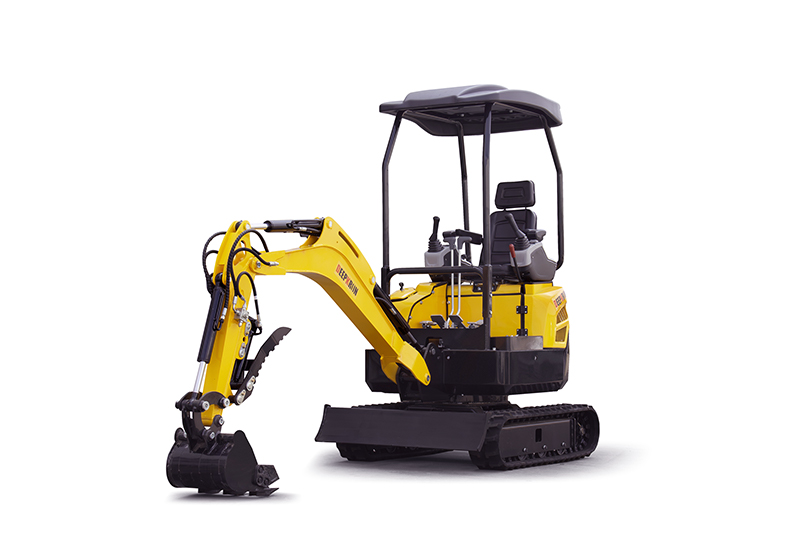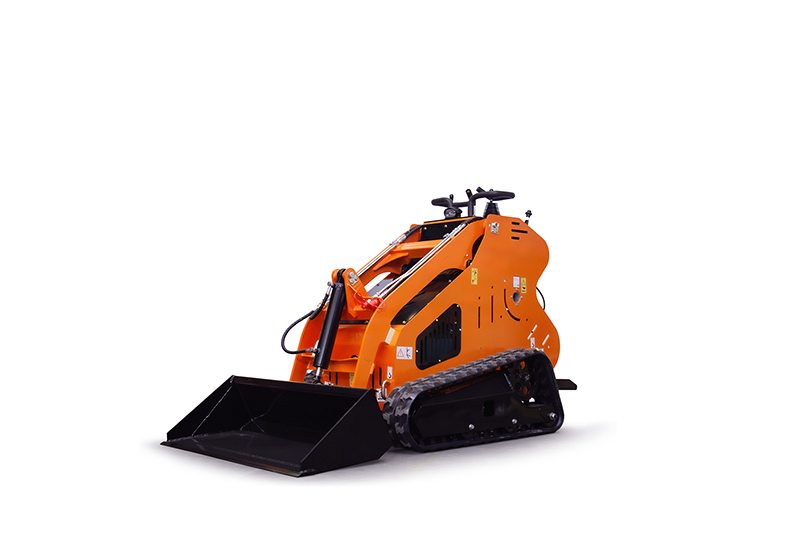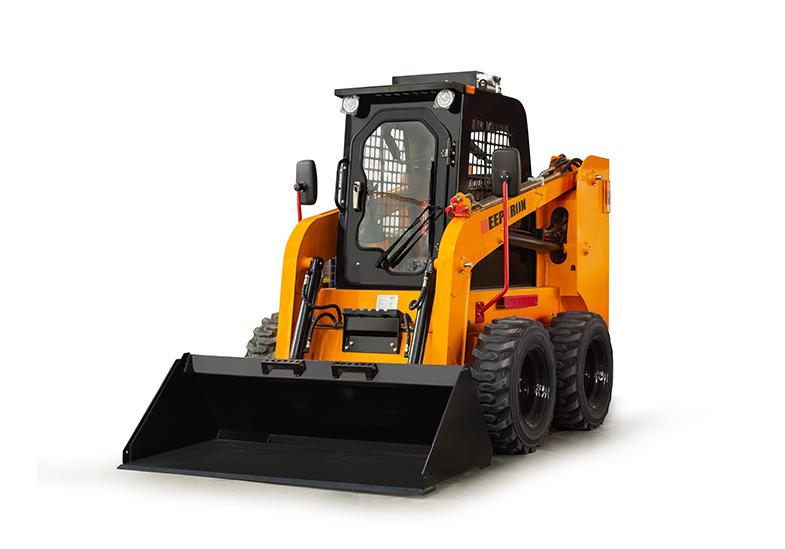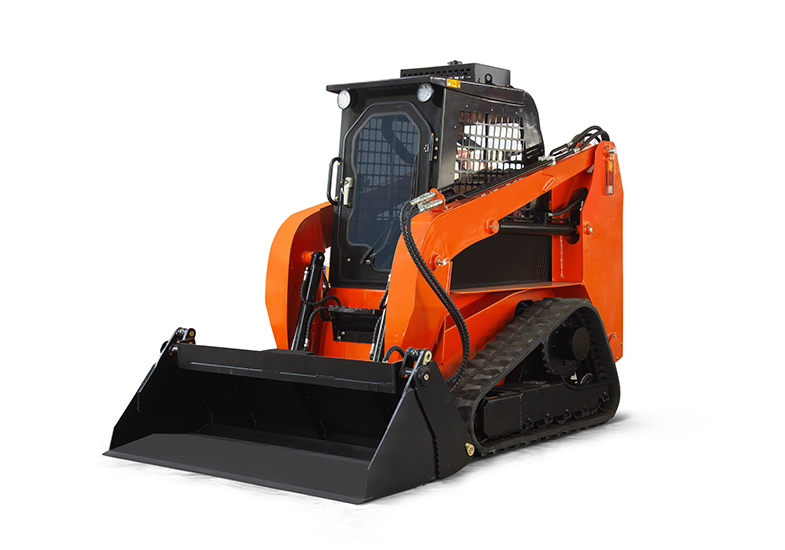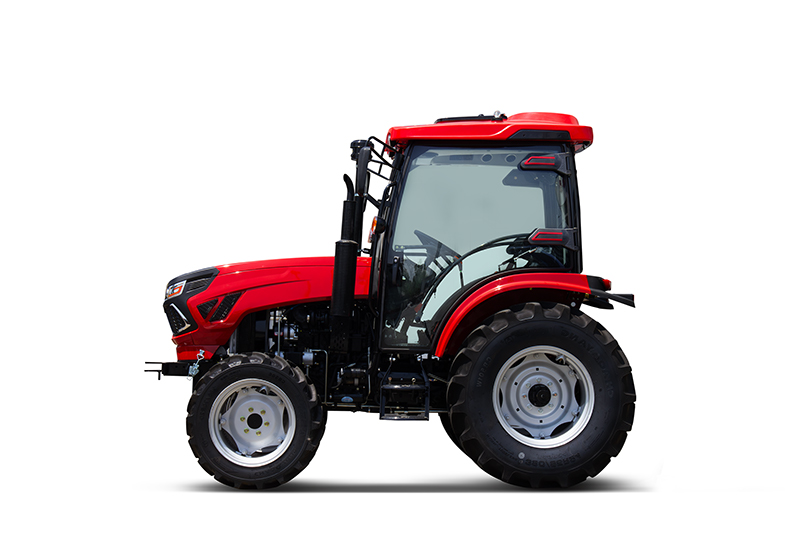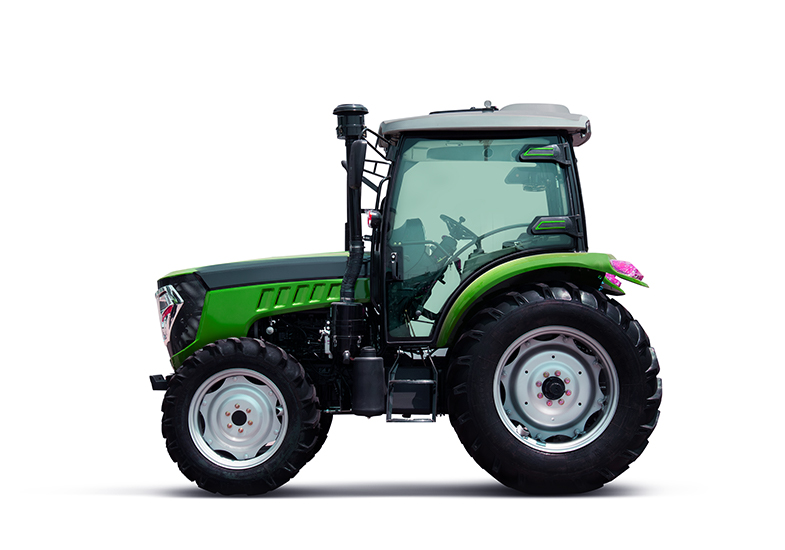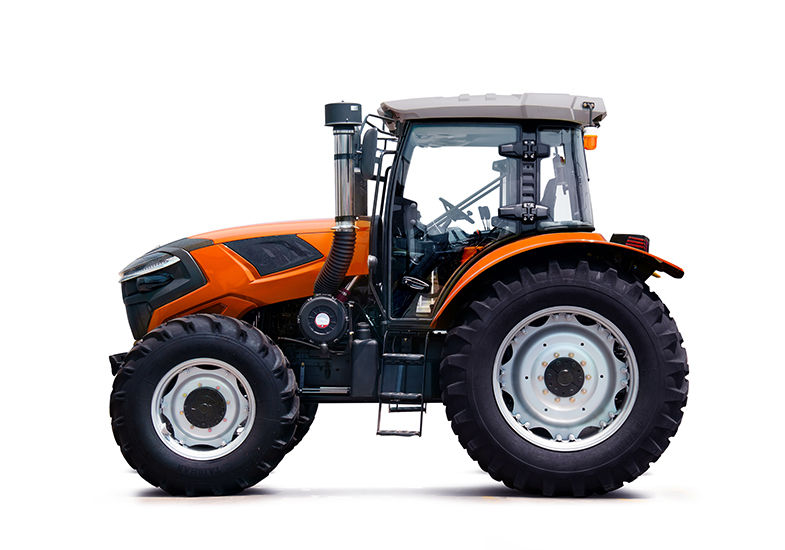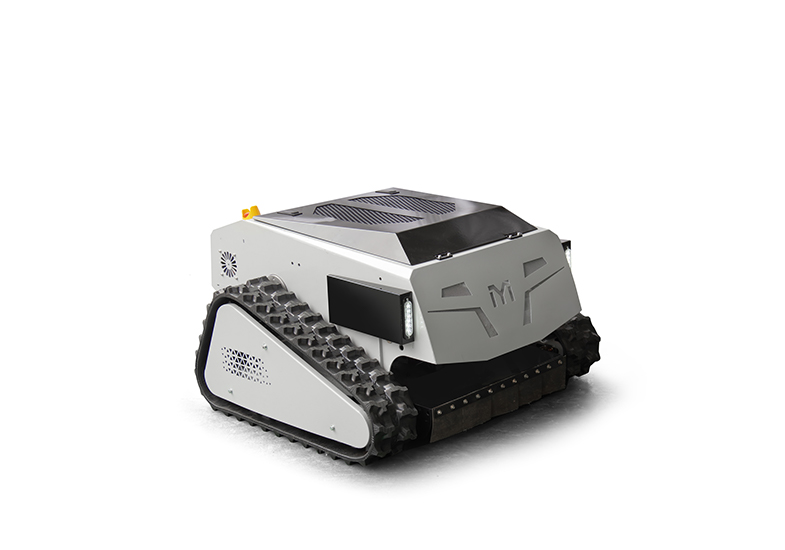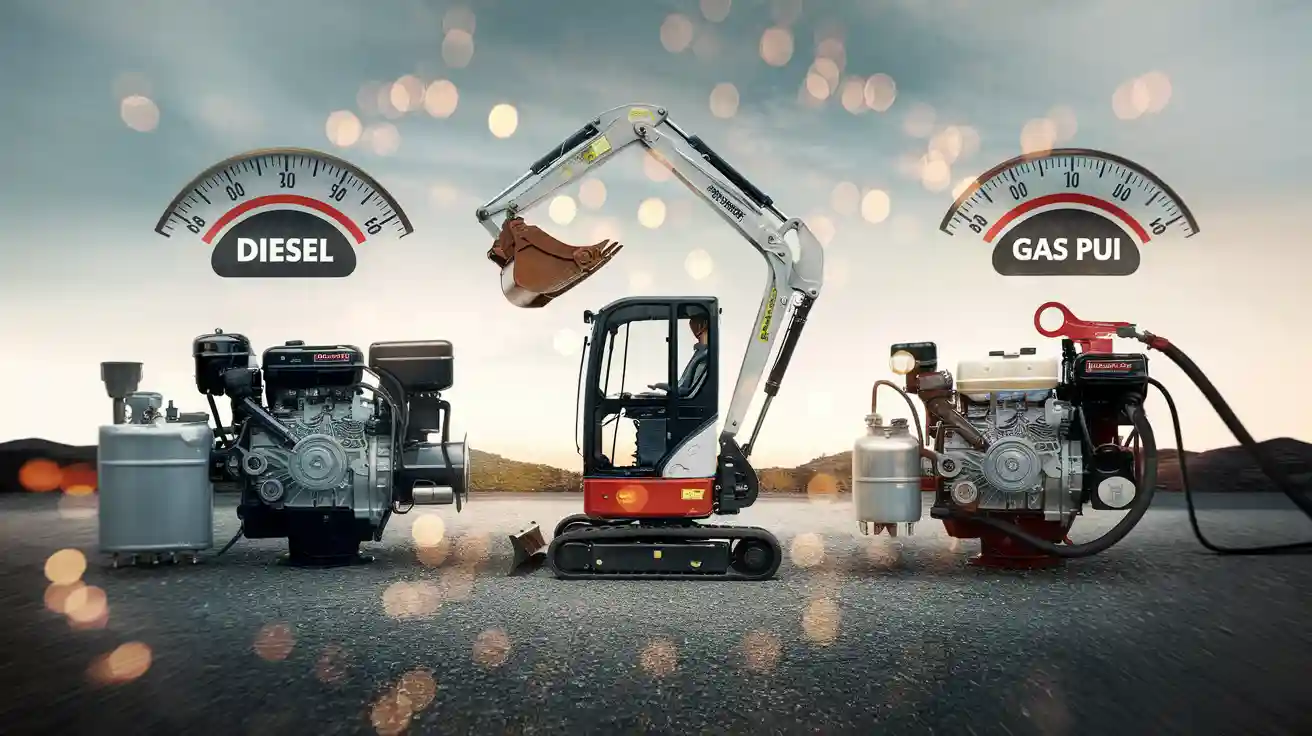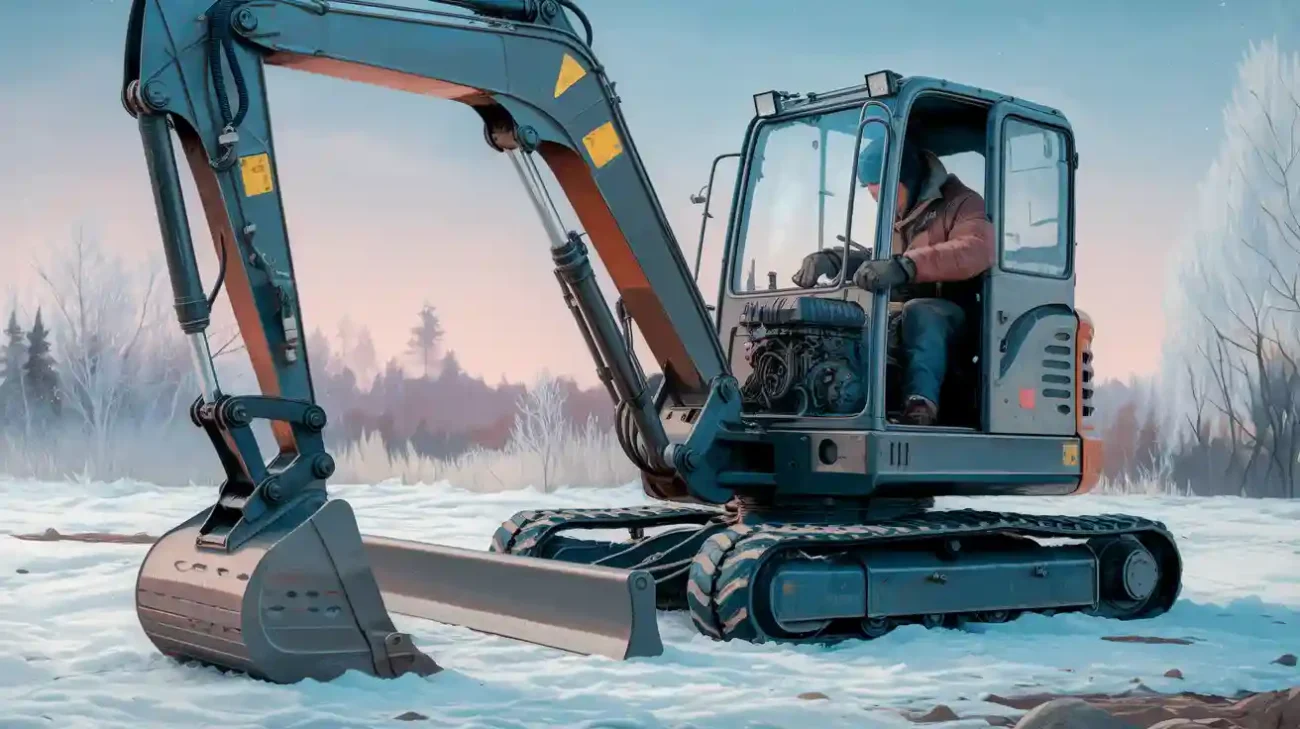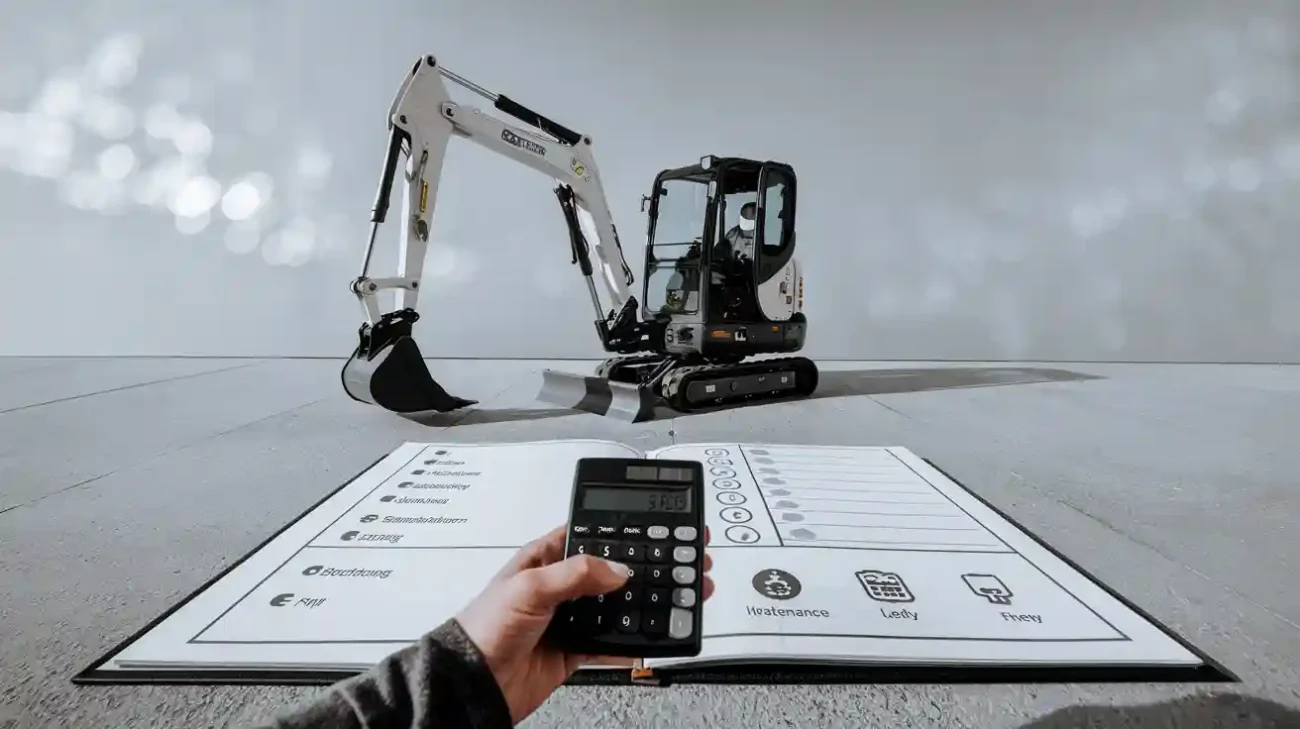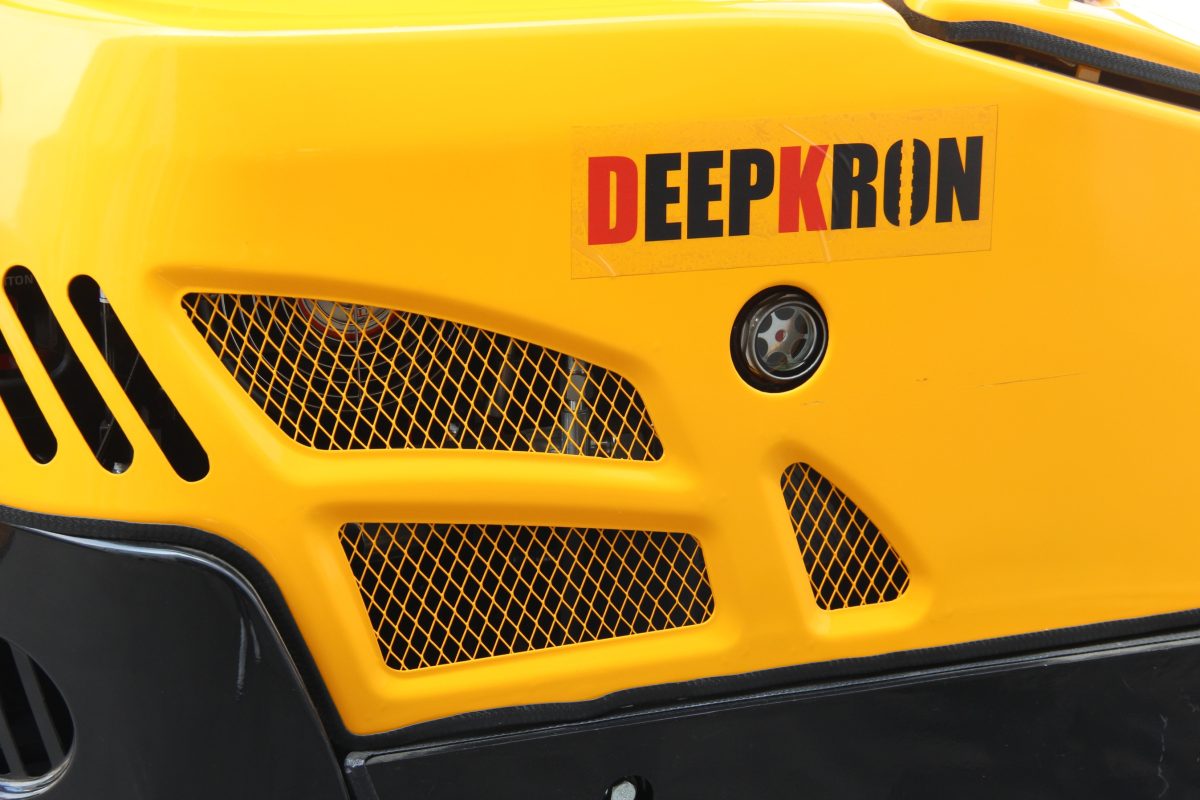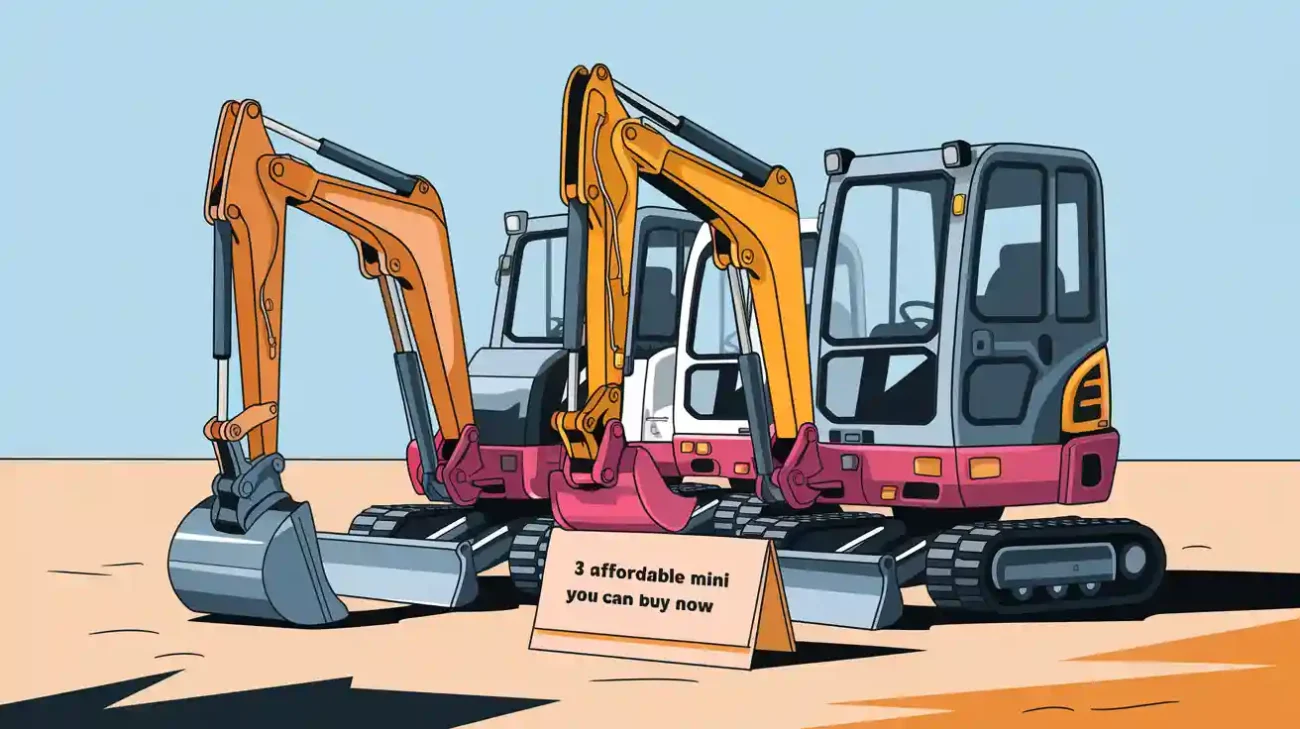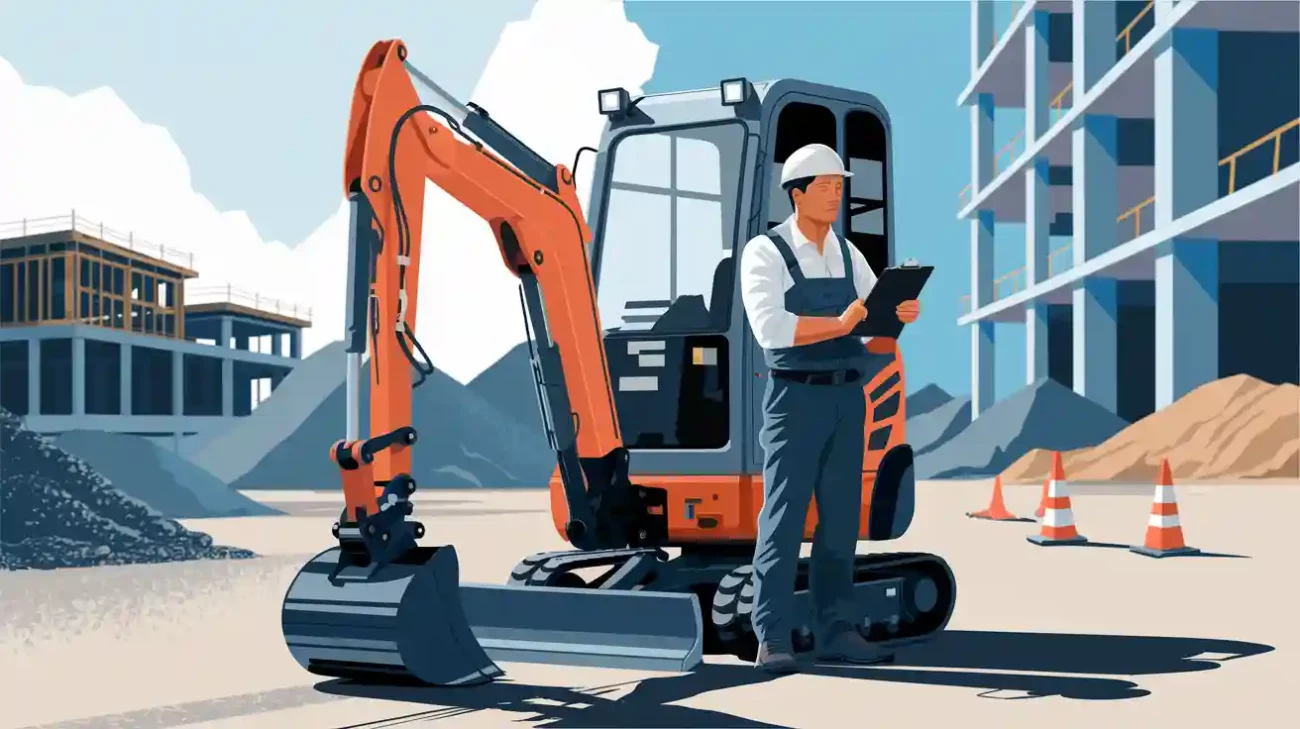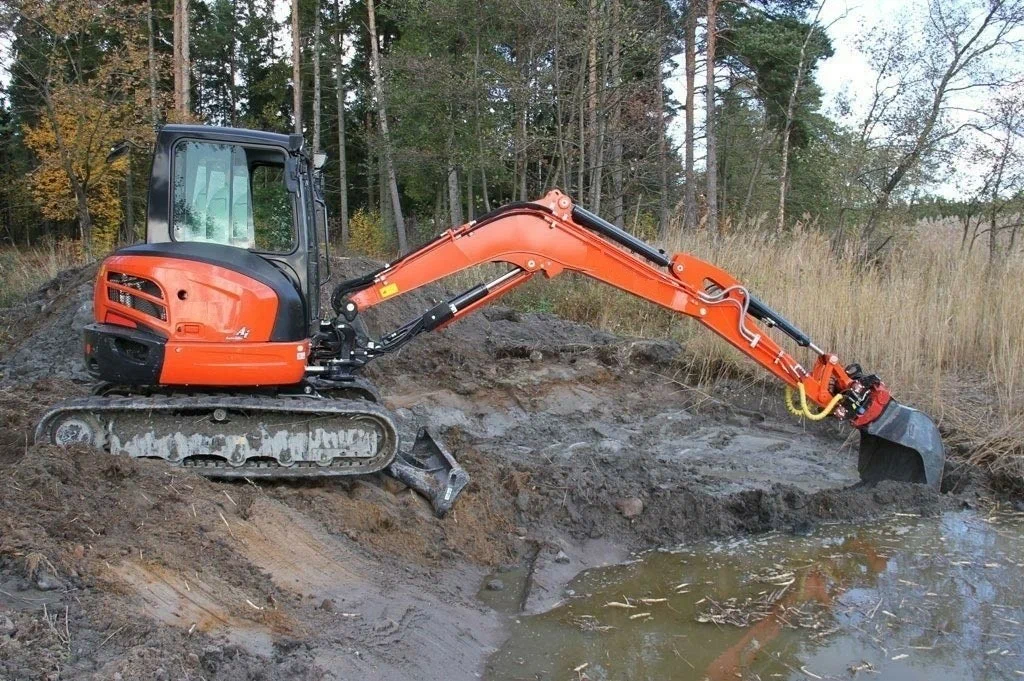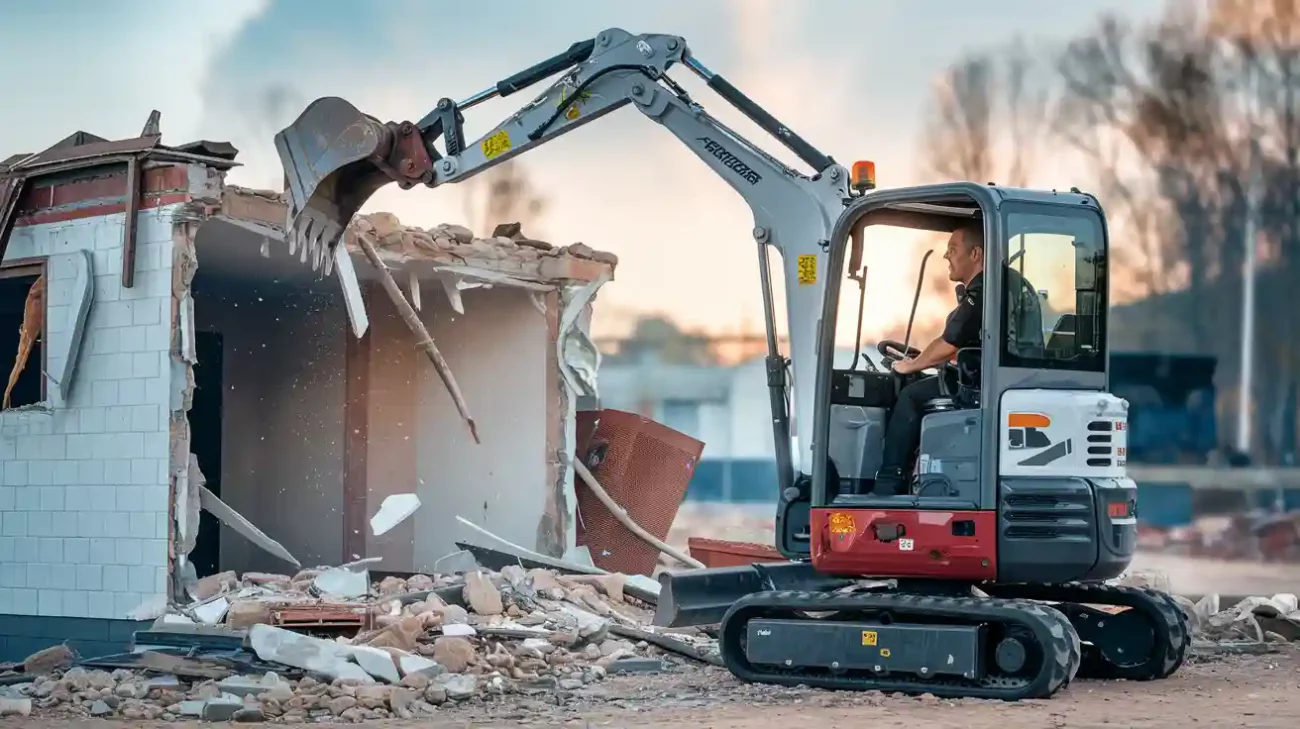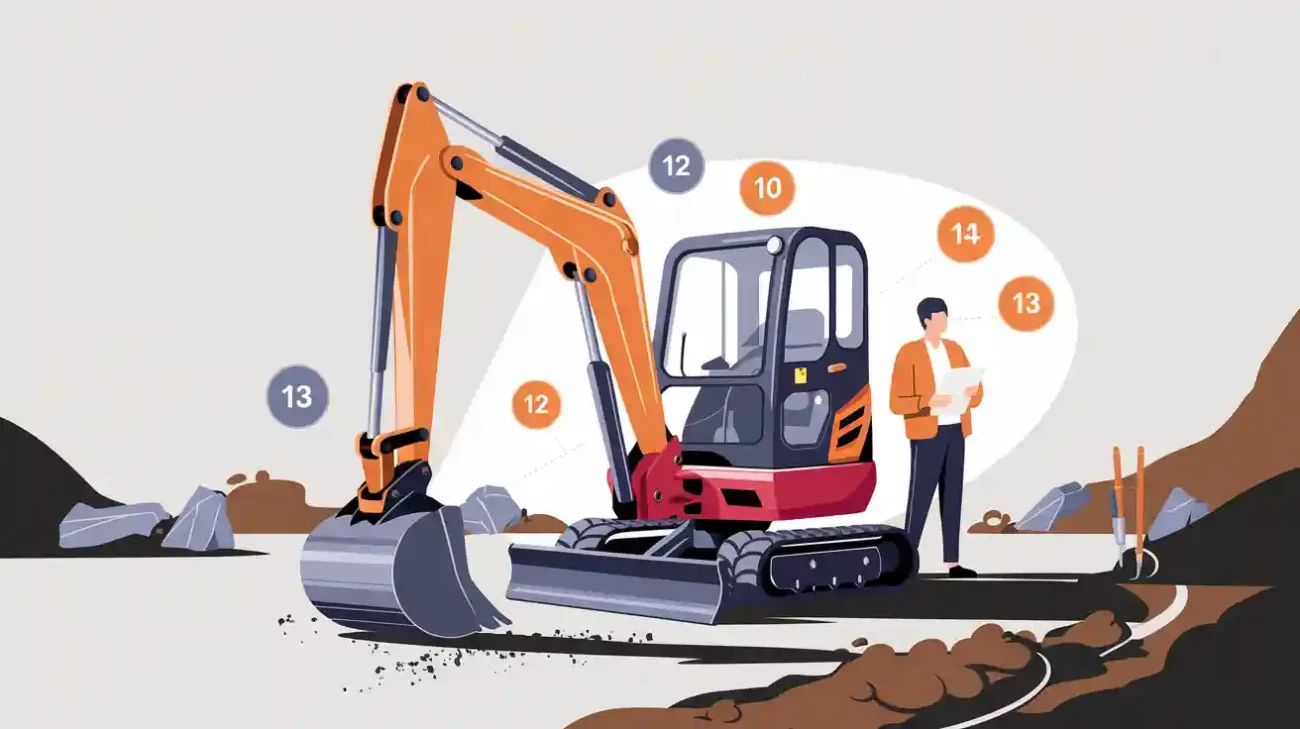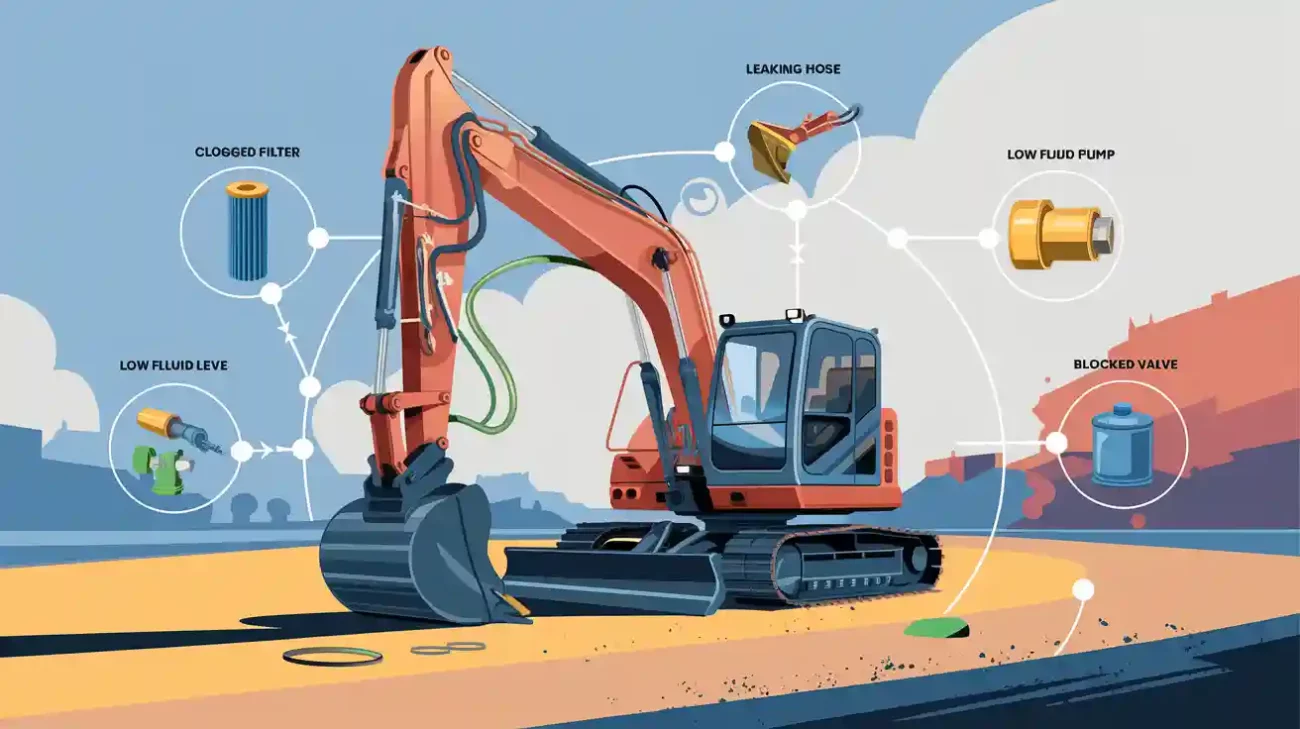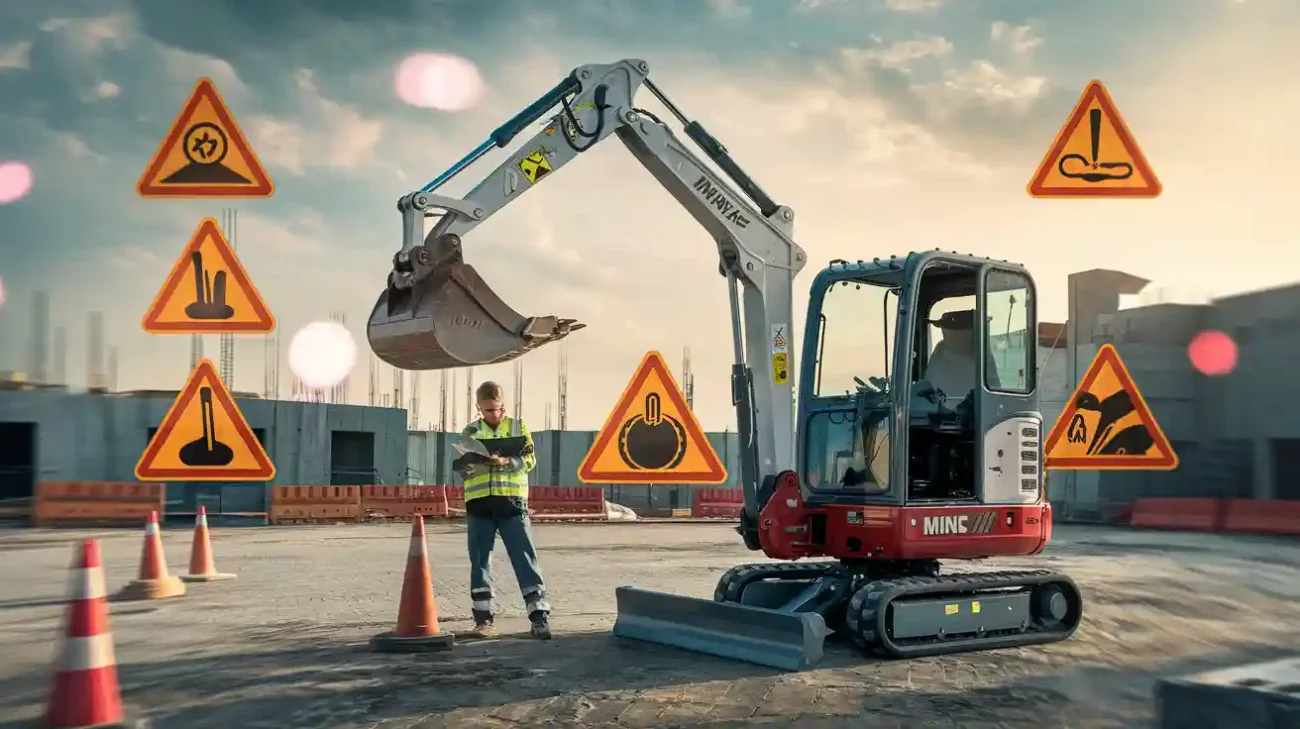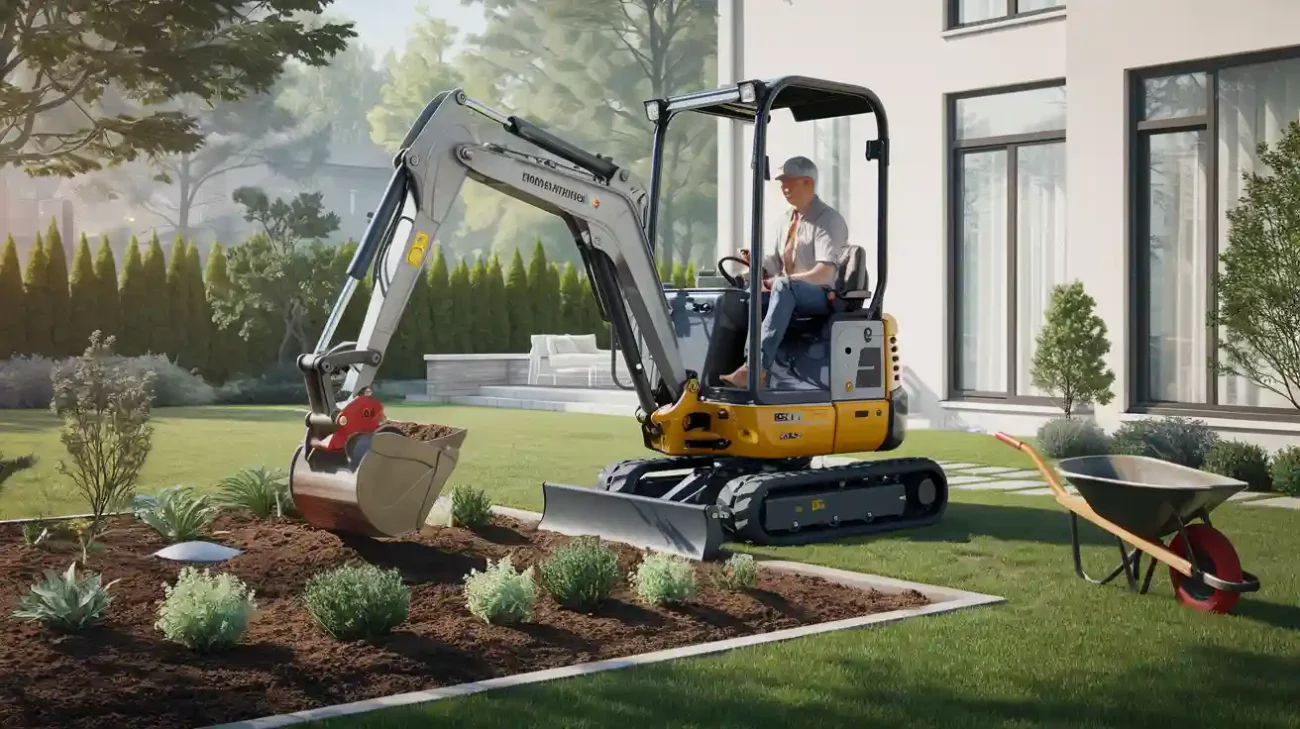Diesel engines are known for delivering superior excavator engine performance, providing more lifting power and higher torque even at lower speeds. This enhanced torque is especially beneficial during demanding excavation tasks. The higher compression ratio of diesel engines contributes to their overall strength and reliability. When you choose the DeepKron DK16P Mini Excavator or the DeepKron DK18DA Mini Excavator, you’re selecting equipment that can significantly boost your productivity on the job site. DeepKron is a trusted name in compact machinery, offering mini excavators that excel across a wide range of applications.
Key Takeaways
Diesel engines give more torque and lifting power. They work well for hard jobs and rough places.
Gas engines are lighter and easy to move. They are good for fast jobs and tight spots. But they do not lift as much.
Think about long-term costs and fuel use when picking an engine. Diesel engines cost more at first but save money later.
Engine Types Compared
Diesel Engines
Diesel engines are strong and work well for tough jobs. They give high torque even when running slow. This means your mini excavator can lift heavy things easily. Diesel fuel has more energy than gasoline. You get longer use before refueling. Diesel engines make twice the power of gas engines of the same size. They are great for hard tasks like digging or moving big stuff.
Diesel engines do not overheat when working hard. You get steady power on difficult job sites.
Features | Diesel Engine | Gasoline Engine |
|---|---|---|
Torque | High torque at low RPMs, ideal for heavy loads | Produces lower torque, less suited for heavy lifting |
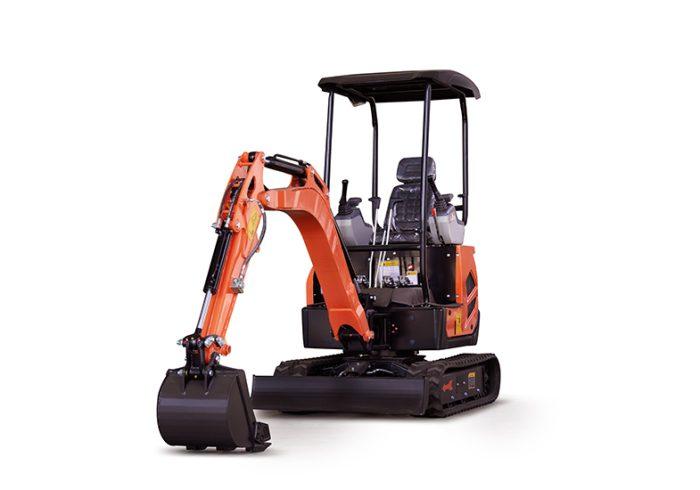
The DeepKron DK18DA Mini Excavator uses a strong diesel engine. You get better force with the arm and bucket. This means you can lift more and work better.
Gas Engines
Gas engines have their own good points. They start fast and run smoothly. This is good for short or quick jobs. Gas engines make less torque. They are not as good for lifting heavy things. Gas engines are best when you need speed and easy movement.
Gas engines are good for quick or light jobs.
They make less torque, so lifting power is lower than diesel.
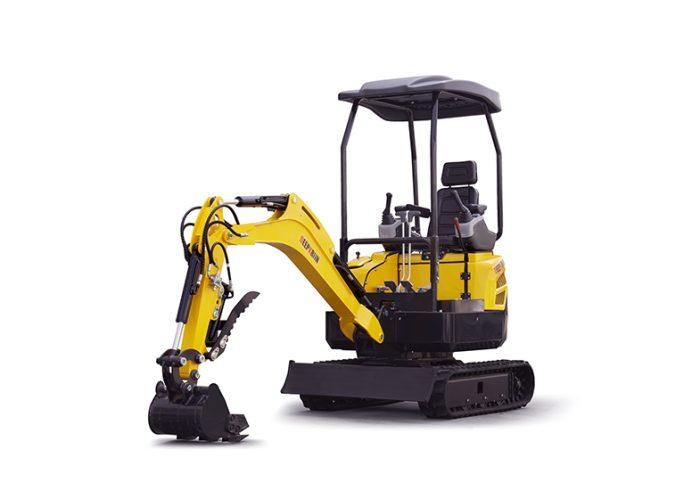
The DeepKron DK16P Mini Excavator has a gasoline engine. You can move it easily and work well in small spaces. But you may not lift as much as with a diesel engine.
Excavator Engine Performance
Torque and Lifting Power
Torque is important for lifting and moving things. Strong torque helps your mini excavator grip the ground better. It also makes the hydraulics work smoothly. You can dig into gravel and clay with ease. Uneven ground is less of a problem. High horsepower does not always mean more lifting power. Torque gives you control and keeps the machine steady when lifting heavy stuff.
Torque lets your excavator dig deeper and lift heavier things.
You get better results in tough places like rocky soil or steep hills.
Machines with high torque, like the DeepKron DK18DA diesel mini excavator, give strong lifting power for hard jobs.
DeepKron builds machines to get the most out of their engines. The DK18DA has a diesel engine with high torque at low speeds. You get steady lifting and good control. The DK16P has a gasoline engine. It starts quickly and runs smoothly. It works best for light jobs and small spaces. Diesel models are better when you need more lifting strength.
Tip: If you lift heavy things often, pick a diesel mini excavator for better torque and control.
Fuel Efficiency and Durability
Fuel efficiency affects how much you spend and how long you can work before refueling. Diesel engines use less fuel each hour than gas engines. You save money over time, especially if you use your excavator a lot.
Engine Type | Cost Implications | |
|---|---|---|
Diesel | 1.5–2 | Saved $1,800/year by switching from gas |
Gas | 3–4 | Costs 40% more in fuel for full-time use |
Diesel engines let you do more work with less fuel. The DK18DA mini excavator is efficient and keeps fuel costs low. The DK16P gasoline model uses more fuel. This can cost more if you use it every day.
Durability is important for keeping your excavator working well for a long time. Regular maintenance, like checking fluids and filters, helps your machine run smoothly. DeepKron makes mini excavators that are easy to take care of and last a long time. You can keep track of maintenance to plan ahead and protect your machine.
Diesel engines usually last longer and need fewer repairs.
Gas engines need more care to keep working well.
DeepKron makes sure both DK16P and DK18DA models work reliably and are easy to maintain.
Note: Write down your maintenance to help your mini excavator last longer and avoid surprise problems.
Key Differences Summary
Table: Diesel vs. Gas
The table below shows how diesel and gas engines are different in mini excavators. It points out lifting power, fuel use, and how much they cost to run. DeepKron mini excavators, like the DK18DA (diesel) and DK16P (gas), use strong Kubota engines. These engines help you spend less on repairs and make the machines more dependable.
Feature | Diesel Engine | Gasoline Engine |
|---|---|---|
Lifting Power | High torque, ideal for heavy loads | Lower torque, less suited for heavy lifting |
Fuel Efficiency | Burns 1.5–2 gallons/hour; more efficient for long-term use | Burns 3–4 gallons/hour; less efficient, higher fuel consumption |
Operational Cost | Lower over time | Higher due to fuel consumption |
Engine Longevity | Over 5,000 hours before major repairs | Shorter lifespan |
Initial Price | Higher upfront cost | Lower upfront cost |
Warranty | 1 year / 1,000 hours | 1 year / 1,000 hours |
DeepKron’s Kubota engines do not overheat easily. They give strong horsepower, so you can count on them even when work is hard.
Pros and Cons
You need to think about the good and bad sides of diesel and gas engines before picking one for your job.
Diesel Engines
👍 Very reliable and save fuel
👍 Strong torque helps lift heavy things
👍 Lasts longer with fewer problems
👎 Costs more at first
👎 Heavier to move
Gasoline Engines
👍 Lighter and simple to move around
👍 Cheaper to buy at first
👎 Does not last as long
👎 Uses more fuel
DeepKron mini excavators are a smart choice and come with good warranties. You spend less fixing them and save on fuel, especially with diesel models. Both DK16P and DK18DA give great value and work well for people who build things or run businesses.
Real-World Application
DeepKron Mini Excavators
The engine in your mini excavator matters a lot on the job. It affects how much you can lift and how easy it is to use. The DeepKron DK18DA has a diesel engine. It is great for hard jobs. You get strong torque and steady lifting. It can work well on rough ground. The DK16P uses gasoline. It starts fast and is easy to move in small spaces. It is best for light work or when you need to move quickly.
Here is a simple chart showing how DeepKron mini excavators perform in real jobs:
Feature | Specification/Value |
|---|---|
Engine Power | |
Digging Depth | 7 ft 6.2 in |
Bucket Breakout Force | 3,547 lbs |
Hydraulic System | Load-sensing, two auxiliary circuits, float function, auto-shift system |
Simultaneous Operation | Arm, boom, bucket, and swivel work together |
Engine Characteristics | Low noise, low vibration, fuel efficient |
Tip: Diesel engines help you lift more and save fuel on long, hard jobs.
Choosing the Right Engine
Pick your engine based on what you need for your work. Diesel engines are best for lifting heavy things, working long hours, and digging in tough dirt. Gas engines are good for quick jobs, lighter loads, and if you want to spend less at first.
Think about these things before you choose:
Factor | Diesel Engines | Gas Engines |
|---|---|---|
Work Requirements | Best for heavy-duty tasks | Best for quick jobs or intermittent use |
Long-Term Costs | More fuel-efficient, saves money long-term | Cheaper upfront but higher fuel costs |
Maintenance | Fewer breakdowns, but higher repair costs | DIY-friendly, more frequent oil changes |
Noise Restrictions | 72 dB, generally compliant with ordinances | |
Weather Resilience | Requires block heaters below -5°C | Starts instantly in freezing temperatures |
Resale Value | Resells for 60-70% of original price | Loses value faster but sells quicker |
Regulatory Considerations | Emissions laws vary by state | Meets all 50-state EPA standards |
Diesel engines give you more torque, use less fuel, and last longer.
Gas engines are lighter, cost less at first, and are easier to fix.
If you need quiet machines or low emissions, check your local rules before picking.
Note: Think about your daily work, job site rules, and how much you want to spend over time. The right engine will help you finish your work safely and well.
Diesel engines help you lift heavy things on hard jobs. They use less fuel and break down less often. Look at the table below to see why diesel is a good choice:
Reason for Choosing Diesel | Explanation |
|---|---|
Best for heavy-duty tasks | Works well in rocky dirt and long days |
Torque handling | Handles tough work without problems |
Daily use | Good for jobs that need strong lifting |
Think about your work site and what engine you need. Also, look at how much you will spend over time. Check out DeepKron’s mini excavators for machines you can trust.
FAQ
What engine type gives you more lifting power for mini excavators?
Diesel engines make more torque when running slow. This means you can lift heavier things with machines like the DeepKron DK18DA.
How does fuel efficiency compare between diesel and gas mini excavators?
Engine Type | Fuel Efficiency |
|---|---|
Diesel | Needs less fuel each hour |
Gas | Uses more fuel to do the same job |
Which DeepKron mini excavator should you choose for tough job sites?
Pick the DK18DA diesel model if you need strong lifting.
Choose the DK16P gas model for light work and easy moving.

